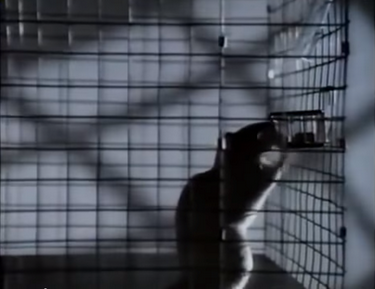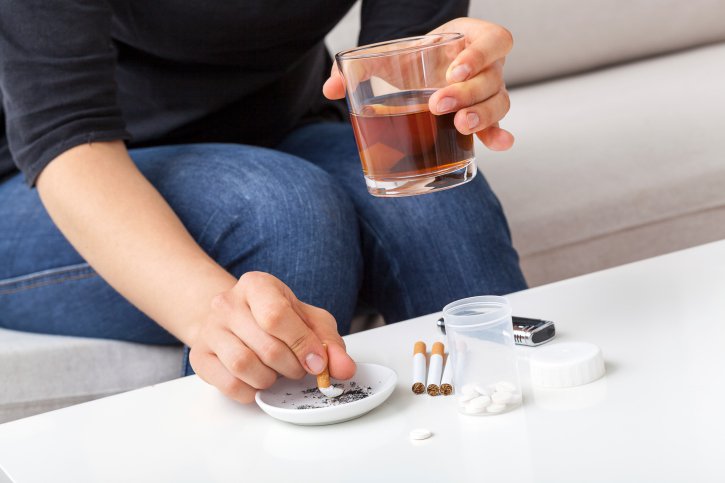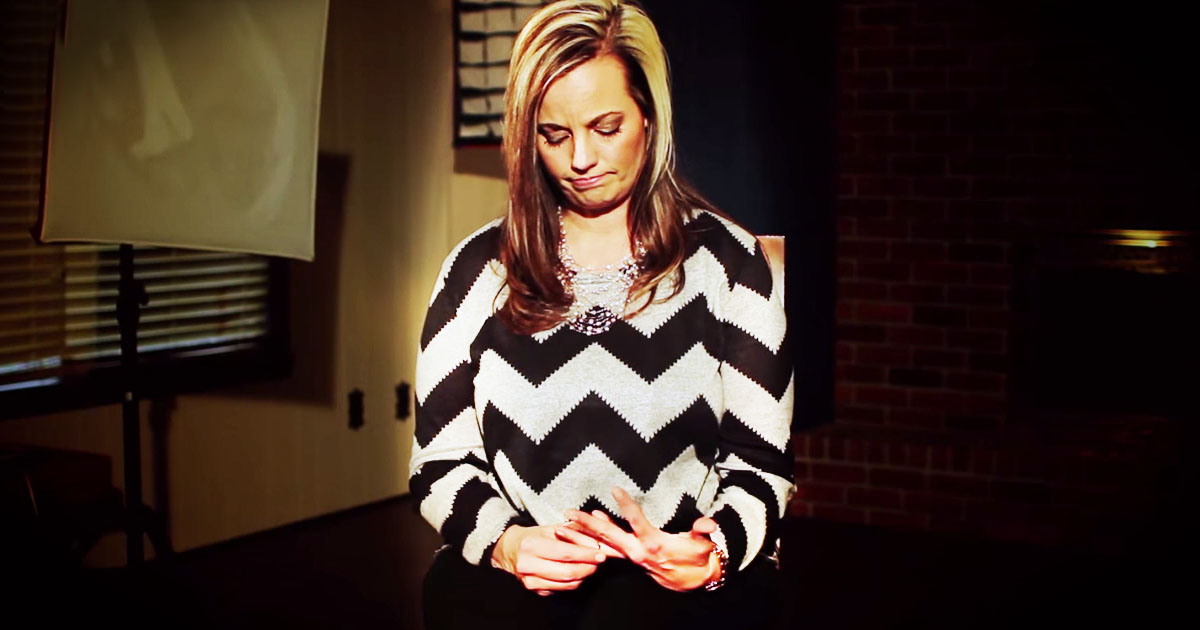What’s Driving Addiction?
When someone is addicted to drugs, it’s easy to come up with an explanation. The drug itself creates a chemical dependency, and addiction soon sets in. But what about addictions to food? To pornography? To gambling? There is no chemical hook present in those forms of addiction. So what is it that keeps folks compulsively returning to a habit that slowly destroys their lives?
These were the types of questions that caused scientists, and eventually Johann Hari, author of Chasing The Scream: The First And Last Days of the War on Drugs, to explore the underlying cause of addiction. And I was shocked to read that what they found is surprisingly different than the current cultural view.
Society blames drugs themselves for chemically creating an addiction. However, these researchers discovered that it was not actually the drug itself that was to blame for the resulting addiction, but rather the user’s environment.

Credit: ThinkStock
You see, this idea of chemical hooks took root in the 80’s, when the basis of a rat experiment became a popular anti-drug advertisement. Over top of disturbing scenes of a desperate lab rat, the voiceover explains:
"Only one drug is so addictive, nine out of ten laboratory rats will use it. And use it. And use it. Until dead. It's called cocaine. And it can do the same thing to you."

Credit: YouTube
In this experiment, a rat was put into a cage alone, with 2 water bottles. One was regular water and the other was laced with heroin or cocaine. The experiment resulted in the rat becoming addicted to the drug-laced water, drinking it until death.
However, Psychology professor, Bruce Alexander, wondered what might happen if the rat being tested was removed from isolation. And so he created a Rat Park, where a community of rats lived together in a luxurious cage with loads of colored balls for play time, plenty of tunnels to explore and ample amounts of premium rat food. These rats also had the same opportunity to drink fresh water or drugged water. And the results were astounding!
These rats, who were undoubtedly living the good life as far as rat lives go, didn’t care for the drug water. The happy rats consumed 25% less of the drugs than the isolated rats, and no inhabitants of the Rat Park died. While the isolated rats became heavily addicted to the drug water, the happy rats did not.
Professor Alexander decided to take his experiment one step further by including an isolation portion. In an attempt to recreate the original experiment from which the popular TV ad was based, Professor Alexander placed rats in isolation for 57 days. As with the early experiments, these rats became completely addicted to the drug laced water.
The Professor then removed these addicted rats from isolation and introduced them into the Rat Park to see if there would be any change. These rats did experience some signs of withdrawal. However, after being interjected into the Rat Park community, they soon stopped the excessive consumption of the drugged water and returned to a normal life.
What Professor Alexander and author Johann Hari have surmised from such experiments is that, while chemical dependency can be a contributing factor to addiction to a particular drug, addiction itself is more of a result of isolation. When folks are lacking human connection, they are left dissatisfied and will find something else to provide that sense of connection.

Credit: ThinkStock
I thought these studies were very interesting, and definitely think there is something to Professor Alexander’s theory of isolation. We all know someone who may be struggling with loneliness.
Maybe it’s an elderly widow down the street. Maybe it’s that shy person who struggles to connect with others. Maybe it’s the new person at church who doesn’t know anyone. One small act of kindness on our part doesn’t take much effort, but could have a huge impact in the life of someone who is feeling isolated.
Ask someone out for a cup of coffee. Introduce yourself to someone new. Take a neighbor their newspaper. All of these acts could be a step towards giving them that human connection that they so desperately need.
[xyz-ips snippet="ArticleAd-300x250-3"]
But I would argue that the cure for isolation and addiction goes even further than that need for human connection.
Even more importantly, I’d say we all crave a connection with God. Without Him, our lives are left with a void, and people they find themselves seeking to fill that void. Which leaves the door wide open for Satan to tempt with possessions, drugs, cheap thrills. . .anything we think will create the happiness that is lacking.
But, of course, there is only one source of lasting happiness and it is available to all of us who choose to accept Him.
For God so loved the world, that he gave his only begotten Son, that whoever believes in him should not perish, but have everlasting life. John 3:16
Here is an amazing Christian testimony of how she overcame alchoholism and adultry!
John 3:16
h/t: GodUpdates



